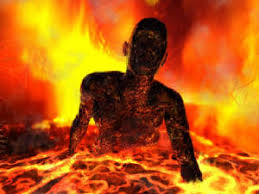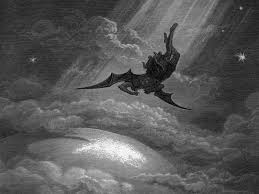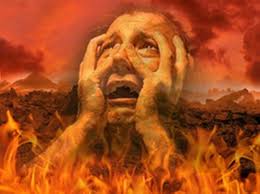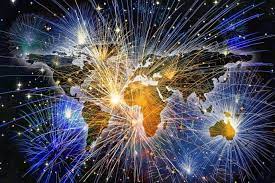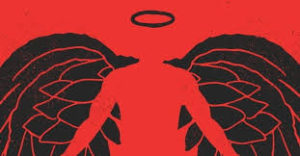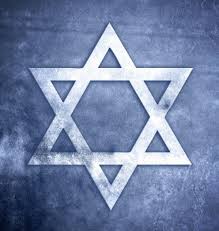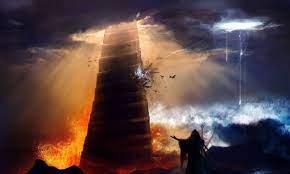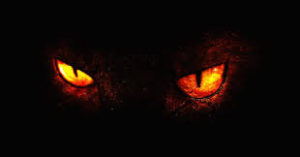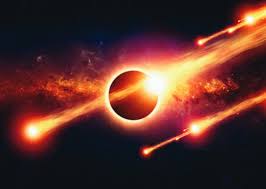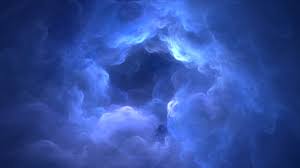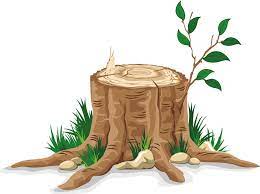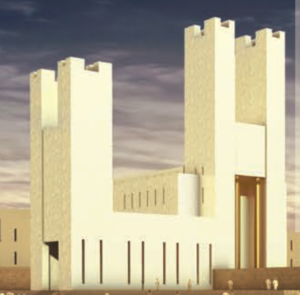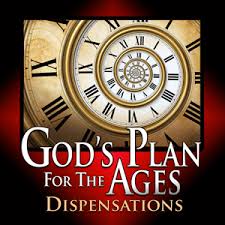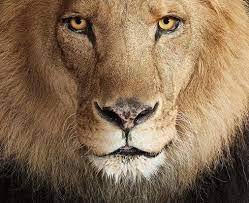Ds – The Oracle Concerning Assyria 14: 24-27
The Oracle Concerning Assyria
14: 24-27
The oracle concerning Assyria DIG: Where was Assyrian defeated? What qualities of God are stressed here? How does God’s planning and counsel stand against the whole world? Can anyone change His plans?
REFLECT: In view of this, how should Judah respond to God? How should the whole world? How then do you? What promises has God made to you that you can count on? Can anyone thwart those promises?
Here the previous taunt song is applied to Judah’s immediate enemy, Assyria. Isaiah deals very briefly with Assyria, because he already dealt with it extensively in the Book of Immanuel (7:1 to 12:6). These verses serve as a transition from the general and symbolic to the specific and literal. The Assyrian power, symbolized by Babylon, represents the power and glory of this world against ADONAI who has promised to redeem His people. The superiority of the LORD to Babylon has been shown. But what about Assyria? Do these truths apply to the literal as well as the symbolic? The answer is a reverberating yes!
ADONAI-Tzva’ot has sworn, “Surely, as I have planned, so it will be, and as I have purposed, so it will stand (14:24). When YHVH makes an oath, and swears by Himself as He does here, He does so because He can swear by nothing higher (Hebrews 6:13). It points to the fact that whatever He pronounces is certain to come to pass and cannot be undone. He often swears by Himself as a confirmation of the oath He makes (Isaiah 62:8; Jeremiah 51:14; Amos 4:2). And just to confirm what He has just said, God reemphasizes: Surely, as I have planned, so it will be, and as I have purposed, so it will stand (14:24b).
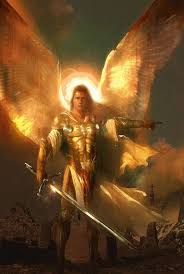
In the near historical future, God declares that He will crush the Assyrian army. I will crush the Assyrian in My Land; on My mountains I will trample him down (14:25a). The Assyria that He will crush will not be in the land of Assyria, but outside the walls of Jerusalem (to see link click Gw – Then the Angel of the LORD Put To Death a Hundred and Eighty Five Thousand Men in the Assyrian Camp). The instrument in God’s hand is in accordance with 10:5: woe to the Assyrian, the rod of my anger, in whose hand is the club of my wrath. The rod of God’s anger will be wielded by the Angel of the LORD. God’s yoke will be taken from His people, and His burden removed from their shoulders (14:25b). The result of the breaking of the Assyrian is that the yoke will be removed from the shoulders of God’s people.
This is the plan determined for the whole world; this is the hand stretched over all nations (14:26). These last two verses serve as a summary to the Oracle Concerning Babylon (13:1 to 14:23). The statement of the purpose is that ADONAI has a plan determined for the whole world. But God’s plan determined for the whole world will begin with Assyria. God’s hand is stretched out over all the nations and is ready to strike, but the nation He will strike first, is Assyria.
For the LORD of heaven’s angelic armies has purposed, and who can thwart Him (41:13, Psalm 33:6-11; Proverbs 19:21)? His hand is stretched out and who can turn it back (14:27)? Here God shows the impossibility of reversing His decision. This is God’s purpose; who can cancel it? Who can turn it back? The rhetorical answer is no one. ADONAI is in complete control!




